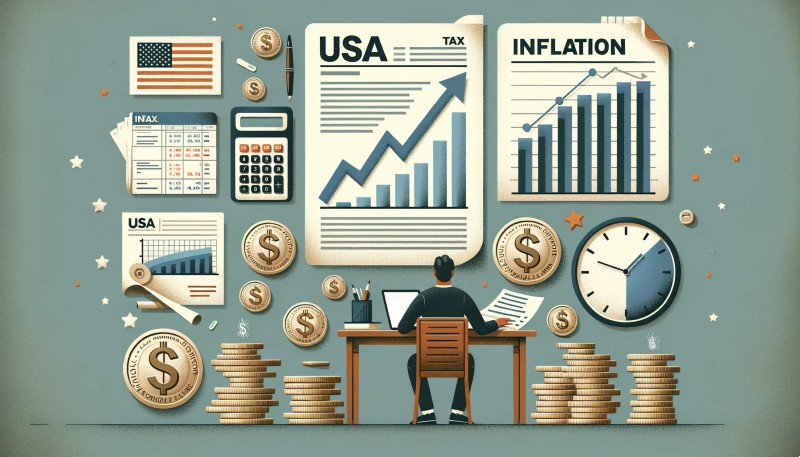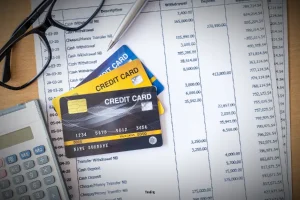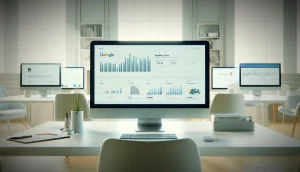How to Manage Your Taxes During Inflation: Expert Tips and Strategies
Managing taxes can be a daunting task, especially during times of inflation. Inflation can significantly impact the economy, causing the prices of goods and services to rise. This, in turn, can have a direct effect on how much you pay in taxes. As such, it is essential to understand how to manage your taxes during inflation to ensure that you are not overpaying or underpaying the government.
One way to manage your taxes during inflation is to stay informed about the current state of the economy. This includes monitoring inflation rates and staying up-to-date on any changes in tax laws and regulations. By doing so, you can make informed decisions about how to allocate your resources and plan your finances accordingly.
Another way to manage your taxes during inflation is to take advantage of tax-saving opportunities. This may include contributing to tax-advantaged accounts, such as a 401(k) or IRA, or taking advantage of tax deductions and credits. By maximizing your tax savings, you can reduce your overall tax burden and keep more of your hard-earned money.
Impact of Inflation on Taxes
Inflation can have a significant impact on taxes. As the prices of goods and services increase, so does the cost of living, which often results in higher tax rates and increased tax liabilities. Here are a few ways inflation can affect taxes:
- Brackets and Rates: Inflation can push taxpayers into higher tax brackets, resulting in higher tax rates and increased tax liabilities. For example, if a taxpayer’s income increases due to inflation, they may find themselves in a higher tax bracket, resulting in a higher tax rate.
- Deductions and Credits: Inflation can also affect deductions and credits. As the cost of living increases, deductions and credits that were once valuable may become less valuable. For example, a deduction for charitable contributions may be worth less in an inflationary environment, as the same donation may not go as far.
- Alternative Minimum Tax (AMT): Inflation can also affect the AMT. The AMT is a separate tax system that was designed to ensure that high-income taxpayers pay a minimum amount of tax. However, the AMT is not indexed for inflation, which means that more taxpayers may be subject to the AMT as inflation increases.
Overall, it’s important for taxpayers to be aware of the potential impact of inflation on their taxes. By staying informed and planning ahead, taxpayers can minimize their tax liabilities and maximize their tax savings.
Strategies to Manage Taxes During Inflation
During inflation, it is important to manage taxes properly to minimize the impact on personal finances. Here are some strategies that can be used to manage taxes during inflation:
1. Invest in ISA Accounts
Individual Savings Accounts (ISA) provide tax-free investment opportunities for UK residents. Investing in an ISA account can help to reduce the impact of inflation on personal finances. The tax-free nature of ISA accounts allows investors to earn returns without worrying about taxes eating into their profits.
2. Consider Tax-Efficient Investments
Investing in tax-efficient investments such as Venture Capital Trusts (VCTs) and Enterprise Investment Schemes (EISs) can also be a good strategy to manage taxes during inflation. These investments offer tax relief to investors, which can help to reduce the impact of inflation on personal finances.
3. Manage Capital Gains
During inflation, capital gains can be eroded by rising prices. To manage capital gains, investors can consider selling their assets in a tax-efficient manner. For example, selling assets that have been held for more than one year can qualify for long-term capital gains tax rates, which are generally lower than short-term capital gains tax rates.
4. Use Tax Credits
Tax credits can help to reduce the impact of inflation on personal finances. Tax credits are available for various expenses such as childcare, education, and healthcare. By taking advantage of tax credits, individuals can reduce their tax liability and increase their disposable income.
5. Plan Ahead
Planning ahead is crucial when it comes to managing taxes during inflation. Individuals should review their tax situation regularly and make adjustments as necessary. By planning ahead, individuals can take advantage of tax-efficient strategies and minimize the impact of inflation on their personal finances.
Tax Planning Considerations for Inflation
Inflation can have a significant impact on tax planning. As prices rise, the value of money decreases, which can lead to higher tax liabilities. Here are some tax planning considerations to keep in mind during inflation:
1. Adjust Your Withholding
One way to manage your taxes during inflation is to adjust your withholding. If you don’t adjust your withholding, you may end up owing more taxes than you expected at the end of the year. To avoid this, you can increase your withholding to account for the higher prices.
2. Consider Deductions and Credits
During inflation, it’s important to take advantage of all available deductions and credits. This can help reduce your tax liability and offset some of the effects of inflation. For example, you may be able to deduct medical expenses, charitable donations, and business expenses.
3. Invest in Tax-Advantaged Accounts
Investing in tax-advantaged accounts can also help manage your taxes during inflation. These accounts offer tax benefits that can help offset the effects of rising prices. For example, contributions to a traditional IRA are tax-deductible, and earnings grow tax-free until withdrawal.
4. Review Your Investments
Inflation can also affect your investments, and it’s important to review them regularly to ensure they are still aligned with your goals. For example, you may want to consider investing in assets that are likely to appreciate in value during inflation, such as real estate or commodities.
5. Consult a Professional
Finally, it’s always a good idea to consult a tax professional during inflation. They can help you navigate the complex tax code and identify opportunities to minimize your tax liability. They can also help you stay up-to-date on any changes to the tax code that may affect your tax planning strategy.
Seeking Professional Tax Advice
Inflation can make tax management more complex and challenging. It is essential to seek professional tax advice to ensure that you are complying with the latest tax regulations and taking advantage of all available tax-saving opportunities.
A professional tax advisor can help you navigate the complex tax landscape and provide you with personalized advice based on your specific financial situation. They can help you understand how inflation affects your taxes and recommend strategies to minimize your tax liability.
When seeking professional tax advice, it is important to choose a reputable and experienced tax advisor. Look for someone who has a solid reputation in the industry and is knowledgeable about the latest tax laws and regulations.
Before meeting with a tax advisor, prepare a list of questions and concerns you have about managing your taxes during inflation. Be sure to provide the advisor with all relevant financial information, including income, expenses, and investments.
Working with a tax advisor can provide peace of mind and help you make informed decisions about managing your taxes during inflation. With their expertise, you can be confident that you are taking advantage of all available tax-saving opportunities and minimizing your tax liability.
Conclusion
Managing taxes during inflation can be a daunting task, but it is essential to ensure that you are not overpaying or underpaying your taxes. By following the tips and strategies outlined in this article, individuals can better manage their taxes during inflation.
One of the most important things to keep in mind is to stay informed about changes in tax laws and regulations. This can help individuals make informed decisions about their taxes and avoid penalties for non-compliance.
Another key strategy is to take advantage of tax deductions and credits. This can help reduce the amount of taxes owed and increase the amount of money that individuals can keep in their pockets.
It is also important to keep accurate records of income and expenses throughout the year. This can help individuals avoid errors when filing their taxes and ensure that they are claiming all eligible deductions and credits.
Overall, managing taxes during inflation requires careful planning and attention to detail. By staying informed, taking advantage of tax deductions and credits, and keeping accurate records, individuals can ensure that they are managing their taxes effectively and efficiently.








